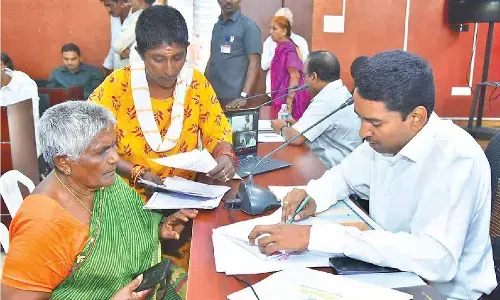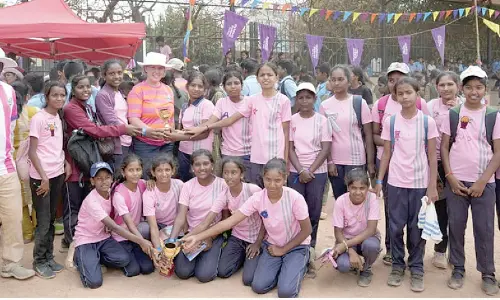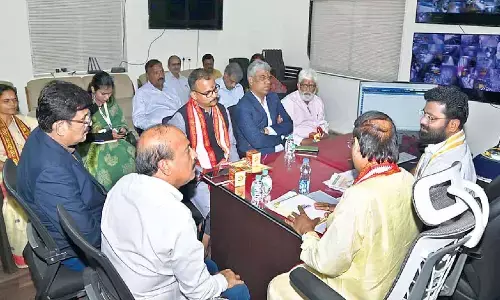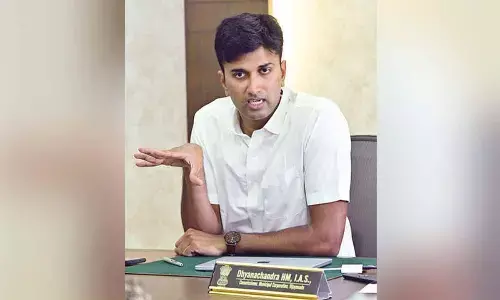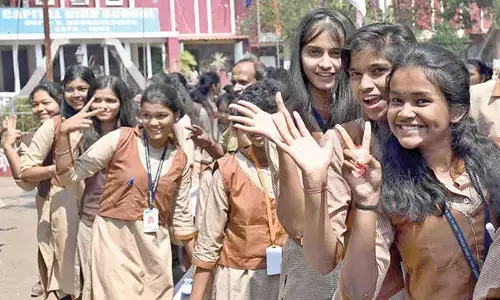India rapidly losing its languages

Under pressure of globalization, the domain use of some languages is shrinking; as a result, many Indian languages are endangered. No one has ever doubted that India has the distinction of accommodating 800 languages and dialects across the country.
Under pressure of globalization, the domain use of some languages is shrinking; as a result, many Indian languages are endangered. No one has ever doubted that India has the distinction of accommodating 800 languages and dialects across the country.
As language forms an integral part of one’s culture. Majority of the Indian languages could become extinct if timely efforts are not made to preserve them, according to new study of the People’s Linguistic Survey of India, which says that the official number is 122 is far lower than the 800 that it counted and another 100 suspects to exist.
- 800 India home to so many languages and dialects
- 96% Of 380 languages spoken in India endangered
- 300 Languages have become extinct till now
- 220 Languages have disappeared in last 50 years
- 150 Could vanish in the coming half of century
According to Indian linguistics, of 380 languages spoken in India and 96% are endangered. In fact, in India only 4% people speak 96% of these endangered languages, while 96% natives speak 4% of the major languages.
The report of the survey was published on 5th September, on the 125th birth anniversary of Dr S Radhakrishnan, and it consists of 35,000 pages and was published in 5 volumes. The survey began in 2010 and lasted for more than 5 years and the research was done by many known historians and research scholars.
The report suggested that around 300 languages have been extinct till now and also concludes that 220 languages have disappeared in the last 50 years and another 150 could vanish in the coming half of century as speakers die and their children fail to learn their ancestral tongues. The report also found that there were 364 languages between 1894 and 1928.
The report also noted that by allowing languages to die out, we are destroying what needs to be preserved. The task of saving these languages all over the world has already begun. All we need to do is spread of awareness among the people.
However, the report also warned that with disappearance of any small or big language, cultural heritage and worldview of its speakers is lost and therefore preserving the languages is the need of the hour because each language confers a sense of identity upon its native speakers.
At present, there are at least 6000 living languages across the world and of the total languages, 330 have more than one million speakers each, while 51 languages have only one speaker each, noted the report.
The major reason for the disparity in the government’s number of languages versus what the survey found that government does not count languages if fewer than 10,000 people speak. The survey volunteers combed the country to find languages such as Chaimal in Tripura, which is even today spoken by just four to five people also incorporated, noted the report.
One of the most interesting view in the report emphasized that languages are being born and dying as they evolve- how old English is unintelligible today and how different is Chaucer’s Middle English from ours – and that is natural process. But bringing attention to Indian languages with small number of speakers is a way of bringing attention to the societies that speak them along with well being of their people.
Even the UN Educational and Cultural Organization is also counting the same, in which they found that 197 languages in India are endangered, while 42 languages came under the critical category of endangered. For example, Nihali, a language from Pre-Aryan and pre- Mundra reign, was also included in the endangered list.
Under the scheme”Protection and Preservation of Endangered Languages of India”, the Central Institute of Indian Languages (CIIL) is working on the protection, preservation and documentation of endangered languages.
It is the onus of the CIIL to protect, preserve and document endangered languages, even language spoken by less than 1000 people also as against the scheme, which is preserving the languages, spoken by less than 10000 people, suggested the report.
As of now, CIIL has identified 520 languages in 2014, over 20 universities in seven zones of the country will study around 70 languages. The remaining languages will be researched and documented over a decade, as per the scheme.
According to the criteria adopted by UNESCO, a language becomes extinct, when nobody speaks or remembers the language. UNESCO hast categorized languages on basis of endangerment as: vulnerable, definitely endangered, severely endangered and critically endangered.
Some critically endangered languages as per UNESCO are: Aimol, spoken in Manipur, Bagahti spoken in Himachal Pradesh, Nihali spoken in Maharashtra, Toto in West Bengal and Todo in Tamil Nadu, among others.
In conclusion, the report noted that there has been no proper enumeration of languages in India for nearly a century and the last comprehensive exercise was carried out by George Grieson an Irish linguistic scholar in India between 1894 and 1928, listing 189 languages and several hundred dialects, so there is a need to do comprehensive survey again in India to protect, preserve and document the endangered languages once again.
By Gudipati Rajendera Kumar


